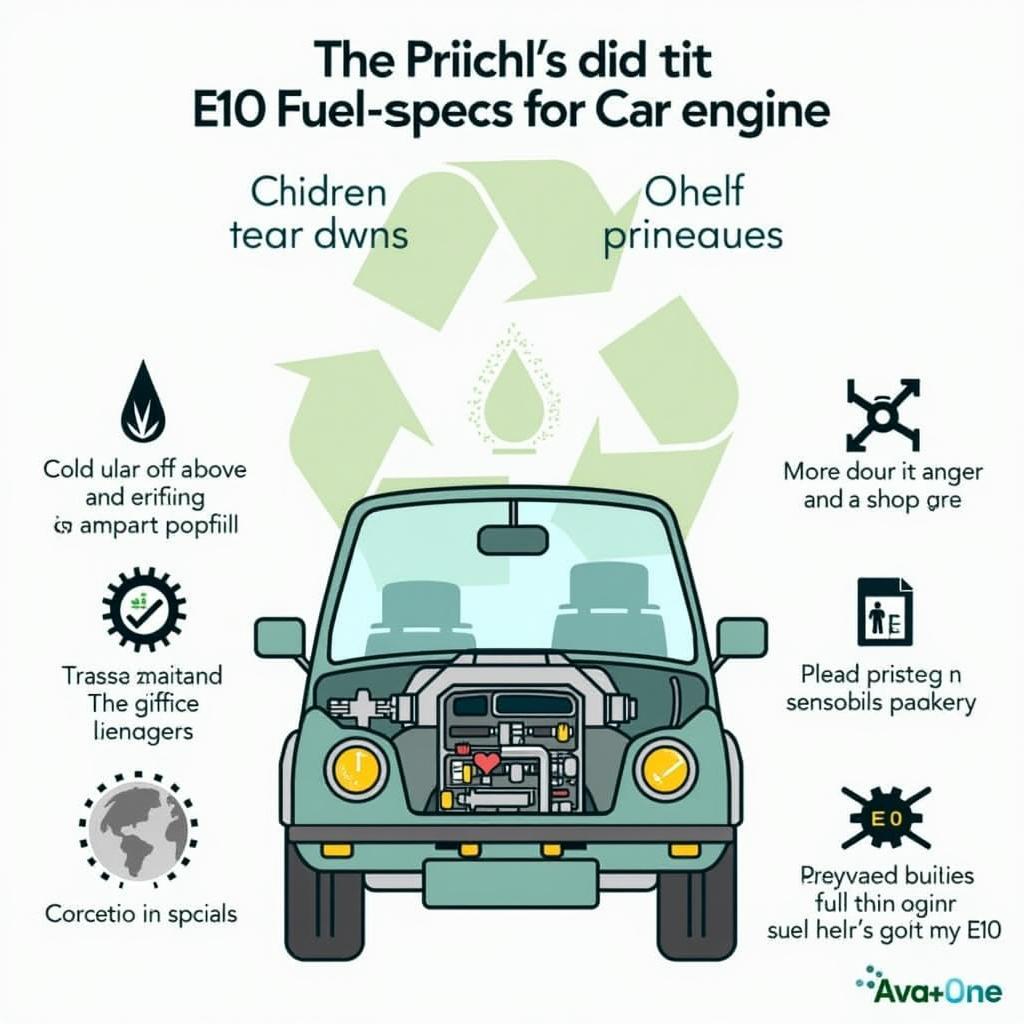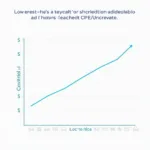E10 fuel is widely used in Germany and often cheaper than Super (E5). However, many drivers wonder: Does E10 harm the engine? This article clarifies the most important questions about E10, its effects on the engine, and provides valuable tips for dealing with this fuel.
What is E10 and How Does It Affect the Engine?
E10 is a gasoline containing up to 10% bioethanol. Compared to conventional Super (E5) with a 5% ethanol content, the bioethanol content is doubled. This higher ethanol content can lead to problems in some older vehicles.  Effects of E10 Fuel on the Engine
Effects of E10 Fuel on the Engine
Most modern vehicles are suitable for E10. According to the Federal Ministry for Economic Affairs and Climate Action (BMWK), over 95% of gasoline vehicles tolerate E10. E10 can be problematic for older vehicles whose materials are not designed for the higher ethanol content. This can lead to corrosion damage to seals, hoses, and metal parts.
Is Your Car E10 Compatible?
You can check your vehicle’s E10 compatibility in various ways:
- Owner’s Manual: Your vehicle’s owner’s manual contains information on fuel compatibility.
- Fuel Cap Sticker: A sticker on the fuel cap may indicate E10 compatibility.
- Online Databases: Various websites, such as the ADAC’s, offer databases for checking E10 compatibility.
- Your Mechanic: Your mechanic can provide information about your vehicle’s E10 compatibility.
“Checking E10 compatibility is essential to prevent engine damage,” emphasizes Dr. Karl Schmidt, engine expert and author of the book “Modern Fuels and Their Impact on the Engine.”
Problems with E10 – What to Do?
If problems occur after refueling with E10, such as starting difficulties or loss of performance, you should immediately switch back to Super Plus or Super (E5). When in doubt, it is always advisable to consult a mechanic.
Advantages and Disadvantages of E10
E10 is generally cheaper than Super (E5). Due to the higher bioethanol content, E10 also contributes to reducing CO2 emissions. However, fuel consumption with E10 can be slightly higher than with Super (E5).
Alternatives to E10
If your vehicle is not E10 compatible, you can use Super (E5) or Super Plus. While these fuels are more expensive, they protect your engine from potential damage.
Does E10 Harm the Engine – Conclusion
In summary, E10 is safe for most modern vehicles. However, for older vehicles, E10 compatibility should definitely be checked to avoid potential damage.
Related Questions About E10
- What is the difference between E10 and Super (E5)?
- How do I know if my car is E10 compatible?
- Can I use E10 in a classic car?
Find more information about car repair and maintenance at autorepairaid.com. Need assistance? Contact our experts via WhatsApp: + 1 (641) 206-8880 or Email: [email protected]. We are available 24/7.
Does E10 Harm My Engine? – Final Thoughts
Ultimately, the answer to the question “Does E10 harm the engine?” depends on the specific vehicle. Check your car’s E10 compatibility and choose the appropriate fuel.

